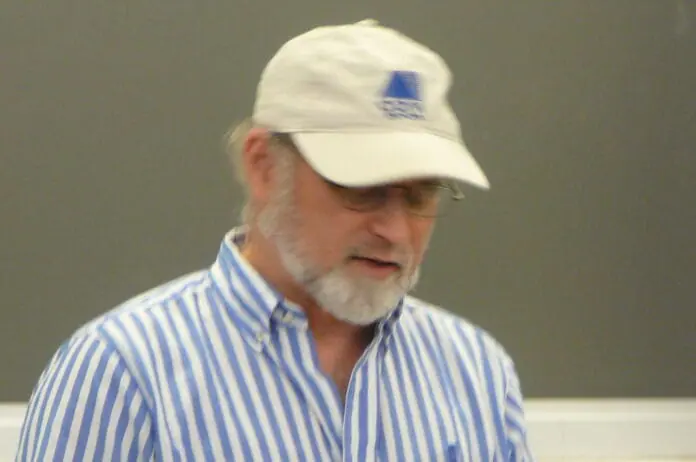Tom Vinci is a retired professor of philosophy from Dalhousie University, currently living in Shediac, New Brunswick. He can be contacted at vinci@dal.ca.
A bit of context
The issue that I address here arises from issues that have been percolating in me since
my days as an undergrad at the University of Toronto. At that time, academic philosophy was in the midst of trying to understand the concepts of facts and truth. This time, the background theoretical context was late-stage ordinary Language Philosophy. Simultaneously, Western intellectuals were taking sides on the Marxist doctrine of praxis, concluding that the point of intellectual work is to understand the world not for the sake of understanding, but to change it.
At the convergence of these projects lies the issue: Is there a difference between fact and value? The Marxists said no; I said yes. So did Spinoza and Descartes (I was old school even as a young man).
Bernard Williams, inspired by Descartes, coined the term “the project of pure inquiry” to describe the project that academic philosophy should pursue. This put Bernard Williams and the Cartesians in opposition to the Marxists, an opposition that has recently been renewed between traditional philosophy and postmodern philosophy with bolstered passion.
From here, it is a short step to the idea that values get in the way of the project of pure inquiry and, from there, another short step to the idea that the institutions concerned with nurturing this project cannot take sides, even on the most hot-button issues of the day—as is the case with the issues around the proposed academic boycott of Israel.
What is right?
The case for boycotts, in general, is morally sound. It derives from the greater-good principle, which says that causing harm is okay as long as doing so is necessary to achieve a greater good.
But, of course, it has to be determined, case by case, if indeed a greater good was achieved and if the harm caused was necessary. So morally sound actions must meet two tests: the rule followed must be morally sound, and the greater good must be achieved at minimal cost. Some historical examples meet these tests—the widespread boycotts of Apartheid South Africa, for example—most of the rest, probably not.
What are the right moral rules? What procedures should we follow to find out? It is very hard to say—maybe there aren’t any.
Fortunately, this doesn’t matter much, as there is very little disagreement about what the right rules are. Everyone believes that acting justly is the right thing to do. But what, in particular cases, is just? There lies the seat of most moral disagreement: The question of “What are the facts and what do they mean?” rather than “What are the right moral principles given agreement on the facts?”
What is truth?
“What are the facts and what do they mean?” is a question about what is true. Suppose we think that what science says is, or can be, true. Scientific investigation is essentially a comparative exercise. It starts with pitting alternative hypotheses about what the facts are and how to interpret them against one another in a dialogue. We then see which retain proponents and which do not in the long run. This procedure does not in itself constitute truth, but, handled properly, it gives a decent likelihood that the surviving hypotheses will at least approximate the truth.
“Handling it properly” requires several things. One is that all possible hypotheses are thrown into the debate—otherwise the true hypothesis may be missed. Believing this requires some optimism about scientific practitioners, their motives, and a reality willing to cooperate with us in revealing its secrets. But I am an optimist. It also requires an institution that creates the conditions for this enterprise to take place. That institution is the modern university.
The role of universities
People desire various things: to achieve personal success, to be righteous, to laugh and to cry but also, I think, something more—to be philosophers! “Philosophy,” said Spinoza in Tractatus Theologico-Politicus, is “neither to laugh nor cry, just to understand.”
This is a motive that needs to be nurtured and protected in the people carrying out scientific debates if there is to be any chance of achieving understanding. It is the job of universities to be the nurturers and protectors of the debaters, and that means not taking sides in the great debates of the day. Yet academic boycotts are taking sides. It is a short step from there to my conclusion: There should be no academic boycotts.


Recent Comments